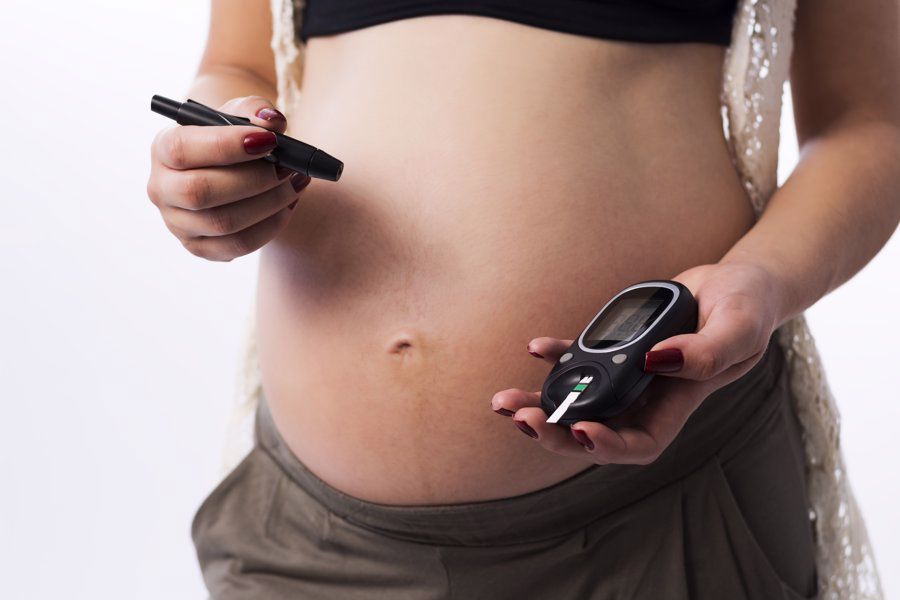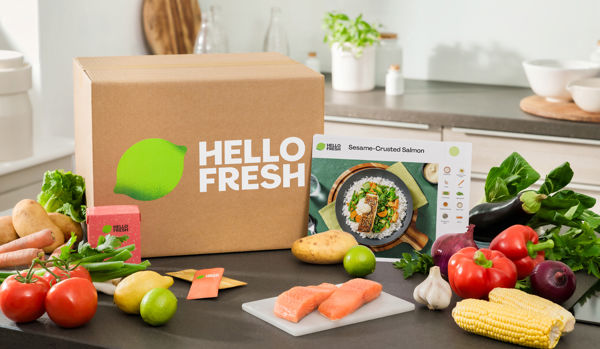Gestational diabetes is more common than you think, and although your midwife may refer you for a glucose tolerance test if you have certain risk factors like a higher BMI or if you have certain a certain ethnic background. Gestational Diabetes can affect healthy women with normal BMIs too.
The test itself is pretty shitty, you can’t eat or drink anything except water for 12 hours before the blood test. The first round of tests is to check what your fasting blood glucose levels are like, you then have to have something very sweet, I had a disgusting drink, but this will vary by area and NHS trust. After the initial test, you have to sit still for two hours, this is because you are not allowed to help your body burn the sugar. I was under the watchful eye of the phlebotomy receptionist in case - god forbid - I accidentally metabolised some of the rancid, flat, overly sweet Capri sun-type drink I had to drink very quickly after the first test. I recommend you take a book or download something from Netflix to watch on your phone because 2 hours in an uncomfortable chair feels like a very long time, especially when pregnant. It is very important that you don’t eat anything or exercise during this break, not only will this give you an inaccurate result but you might have to endure the fasting again, and that was torturous.
A couple of days after the test I had a call from a diabetes midwife telling me I needed to come and discuss managing my diabetes. There was no ‘discuss your results’ preamble, which definitely got my back up. My results obviously indicated I had dreaded Gestational Diabetes and my baby’s health was at risk, so I was hardly in a position to kick up a fuss about the way this information was relayed to me. I had only done some cursory research before the glucose tolerance test so immediately got to Googling and terrifying myself with all the possible ways my baby might suffer and that labour would be extra painful, not to mention the effects to my own health having GD would bring.
The appointments with the diabetes team that followed were a bit of a blur, I had to speak to a dietician and several different midwives. The diagnosis also meant my pregnancy was consultant-led and I got a lovely neon orange set of notes to carry around with my usual green ones. I’m fortunate that I had never really had much contact with medical professionals prior to pregnancy, so ante-natal care really opened my eyes. I get that they have to pitch to the lowest common denominator but never in my life have I been spoken to in such a patronising way. It’s bad enough when the diabetes midwife’s opening line is about the risk of stillbirth associated with Gestational Diabetes (not that she could tell me why there was an increased risk), but I was treated like a child with no ability to grasp basic biology. It turned out that my blood glucose was only just above the threshold for diagnosis, but unfortunately, Gestational Diabetes is very binary when it comes to diagnosis; you either have it or you don’t and there was no grey area.
I was lectured about cutting out sugary foods and cautioned that I may have to take medication if that did not work. I was told that the medication would likely not work for the duration of my pregnancy and when it became ineffective I would have to inject Insulin. My Gestational Diabetes was entirely ‘diet managed’, but I use this term loosely because I only had to limit the super sugary foods in my diet to keep my blood glucose readings in the safe range. I had been instructed to test my blood glucose levels with a tiny little needle contraption, which took a lot of getting used to. I hate needles and had to psych myself up for each test. I had to test first thing in the morning before I’d even gotten out of bed, and after breakfast, lunch and dinner. The only time I had a result that was over the permitted level was when I ate a bag of Haribo in a fit of pique and denial about the diagnosis.

If you receive a diagnosis of Gestational Diabetes you will come across a lot on Google that will terrify you. I recall reading about the likelihood of an enormous baby, that intervention with forceps was more likely, that a natural birth would not be possible, that I wouldn’t be allowed a water birth and that my baby might die.
A lot of the risks are increased because these are associated with a larger baby. For me, the biggest concerns were that I would have to be induced, or that the diagnosis would interfere with my plans to breastfeed. It was not the hassle of additional appointments, the constant finger-prick testing and resultant bruising that bothered me the most - It was the implications that the diagnosis had for my care and how that might affect my birth plan. If the baby is likely to be very big, or the diabetes is not kept in check by medication then you will be offered an induction. I say ‘offered’, but I was told that I would not be allowed to go beyond 41 weeks gestation before I was induced.
This, of course, is nonsense, because an induction absolutely requires the mother's consent, but you may be made to feel you do not have a choice. I agreed to be booked in for an induction at 40+5 but that was an effort to kick the can down the road because I wasn’t ready for the conversation with the consultant if I refused. I was very keen to avoid induction because I did not want any of the interventions that are more likely when labour is induced, not to mention that induced contractions are apparently much more painful. The use of instruments like forceps and even an emergency C-section is more likely for women that have been induced. I was lucky that I went into labour naturally before my due date and was able to have an instrument-free delivery.
I knew I wasn’t going to have a tiny, dainty little newborn (boys in my family haven't been the smallest of babies), and being consultant-led meant that I was invited for extra ultrasound scans to check on baby’s growth. My baby was 8lbs 11oz when he was born at 39+5 weeks, which was perfectly in the average range for a woman of my build. If they had been concerned that he was growing too big based on the scans, I would have been offered an induction earlier.
I had very low expectations for my labour and birth experience because I didn’t want to have to manage my own disappointment when it didn’t go to plan. When I was diagnosed with Gestational Diabetes I was scared for my baby and worried about the risks related to delivery. I had to get sign off from the consultant to be allowed to give birth on the midwife-led unit at my local hospital, although when it came to it, the midwives disputed that the consultant had the 'authority' to make this decision. I was also not allowed to use the birthing pool. I was very lucky in that none of the things I was worried about happened, and that the diagnosis didn’t interfere with breastfeeding at all. I will be tested for GD early in any future pregnancies and will have to have tests for diabetes regularly for the rest of my life, as having GD puts you at a greater risk of developing type 2 diabetes. If I could go back and give myself some advice, it would be to enjoy having the extra scans and chances to see my baby develop and not scare myself stupid reading worst-case-scenarios online.







